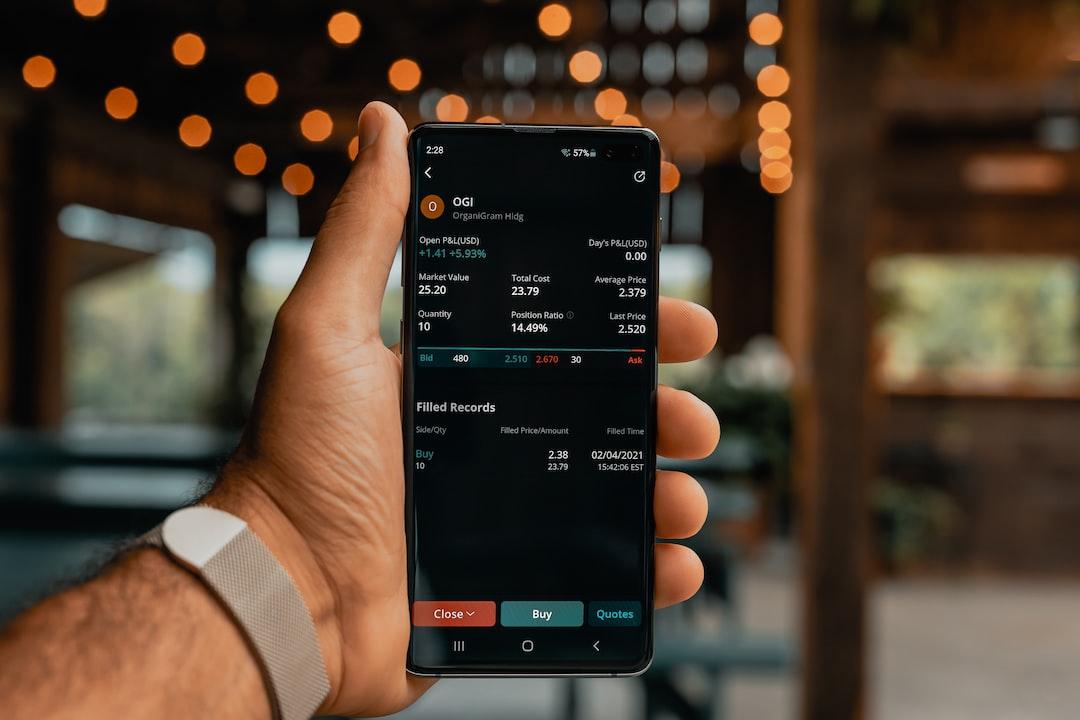FIT21 (21st Century Financial Innovation and Technology Act), a bill strongly supported by digital asset industry players in the United States, has been passed by the House of Representatives and will be decided by the Senate. This bill is also considered a “game-changer” for outdated laws and will help clarify cryptocurrency regulation. The definition of “decentralized network” in the bill gives blockchain networks like Ethereum the opportunity to escape securities scrutiny and avoid entanglement with the SEC.
Contents:
Toggle
Definition of “Decentralized Network” in the FIT21 Bill
No one has absolute power
Issuer group does not exceed 20%
Issuer group cannot manipulate governance rights
Issuer group cannot arbitrarily change functionality
Restrictions on promotion by issuer group
Distribution only through programming
Commentary: Difficult to find “decentralized networks” outside of Bitcoin and Ethereum
According to the FIT21 bill, the term “decentralized network” refers to blockchain systems related to digital assets that meet the following conditions:
Ad – Continue scrolling for the rest of the article
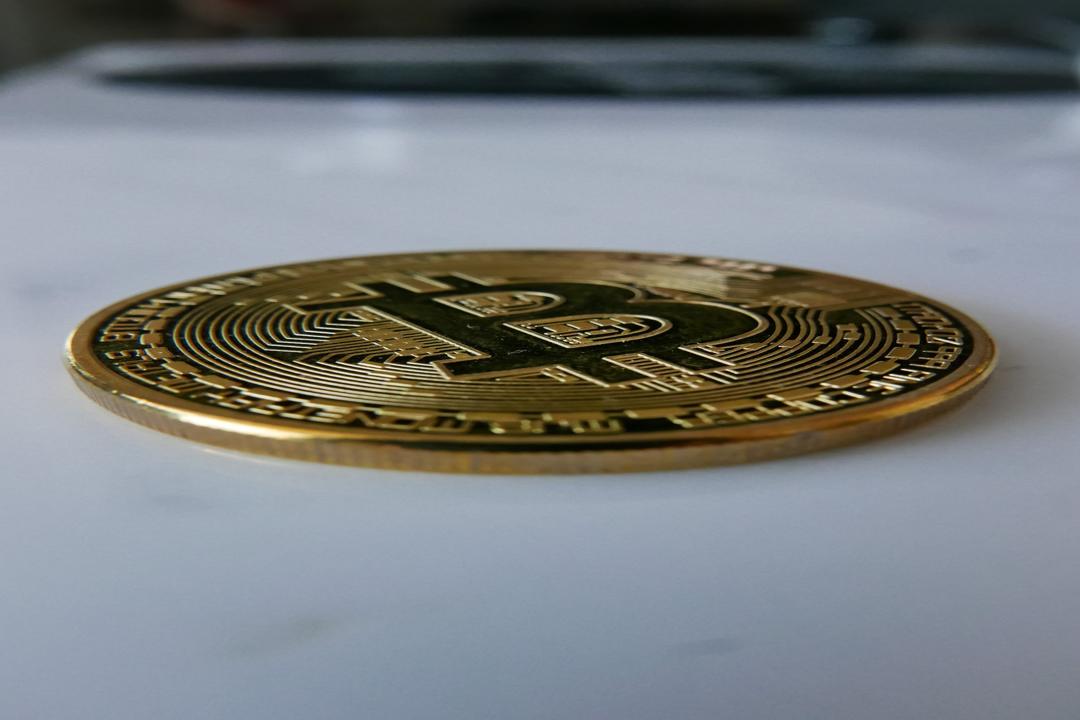
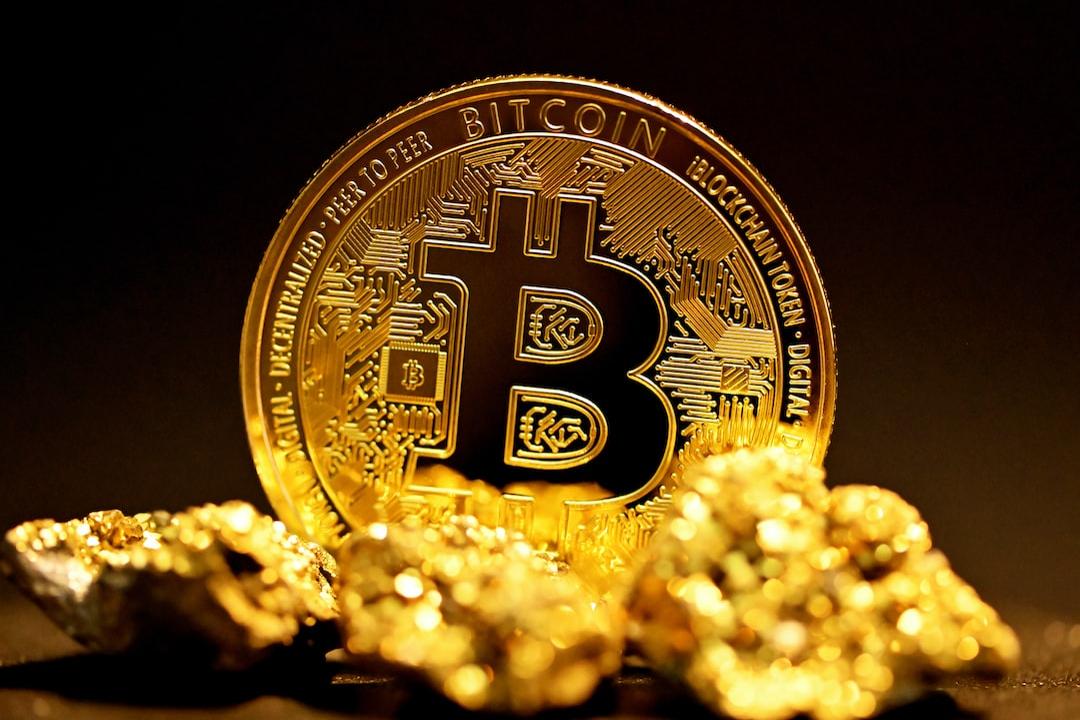

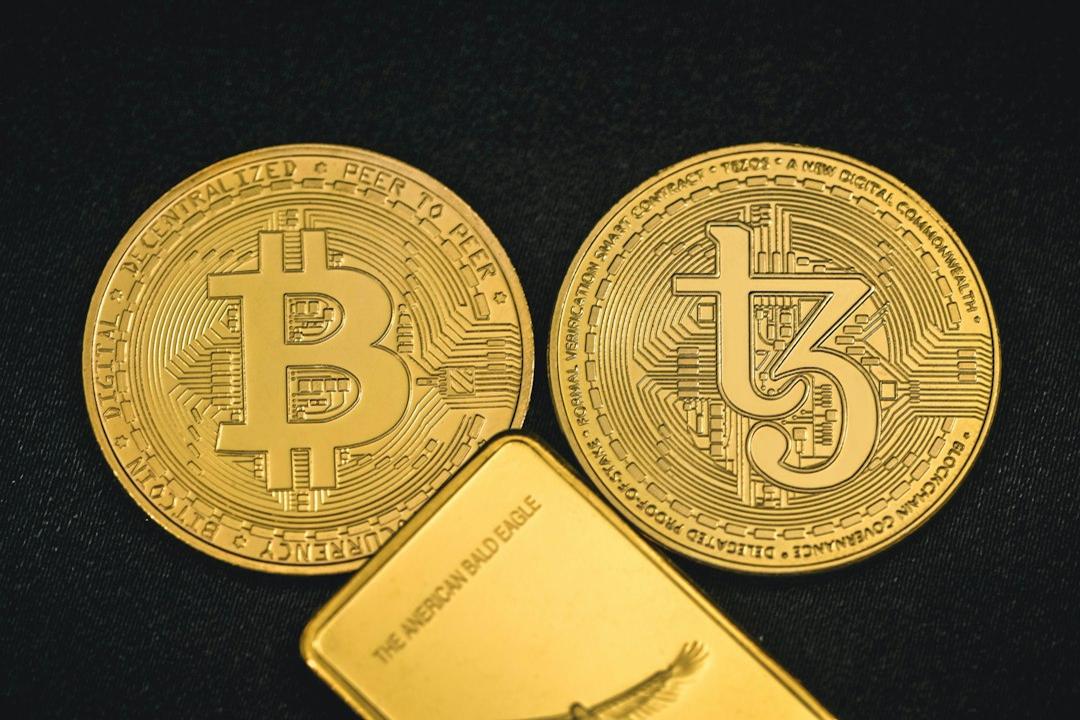
In the past 12 months, “no one” has directly or indirectly gained unilateral power to control or materially alter the functionality or operation of the blockchain system through any contract, arrangement, understanding, relationship, or other means,
or “no one” has the unilateral power to “restrict or prohibit” any non-digital asset issuer, affiliate, or subsidiary from:
using, earning, or transmitting digital assets
deploying software that integrates with or uses blockchain systems
participating in the decentralized governance system of the blockchain system
operating nodes, validators, or other forms of computational infrastructure related to the blockchain system
In the past 12 months, “no digital asset issuer or affiliate” has collectively beneficially owned 20% or more of the total number of units of such digital asset that:
can be created, issued, or distributed on such blockchain systems
are freely transferable or usable in connection with such blockchain purposes
What is an affiliated person? For an issuer, it refers to a person who directly or indirectly controls, is controlled by, or is under common control with the digital asset issuer through one or more intermediaries. For a digital asset, it refers to the beneficial ownership of 5% or more of the currently outstanding units of the digital asset (calculated at any point in time within the preceding three months). Both are included.
In the past 12 months, no digital asset issuer or affiliate has the “unilateral power to direct” the exercise of voting rights of 20% or more of such digital asset or related decentralized governance system through overwhelming voting; or, such digital assets do not include voting rights.
In the past three months, no asset issuer, issuer affiliate, or any related party has implemented or contributed any intellectual property to the original code of the blockchain system that substantially alters the functionality or operation of the blockchain system, unless such implementation or contribution of the original code:
addresses vulnerabilities, errors, routine maintenance, network security risks, or other technical improvements of the blockchain system
achieves consensus or agreement through the decentralized governance system
In the past three months, no digital asset issuer has marketed the digital asset as an investment to the public.
In the past 12 months, all units of such digital assets have been distributed to end-users through the programmatic functionality of the blockchain system.
Due to Bitcoin being classified as a commodity, with anonymous and long-standing issuers, it is difficult to define an “issuer group,” and therefore Bitcoin already meets the above definition and is not subject to securities scrutiny by the SEC.
The decentralization level of Ethereum may be one of the few known public chains that meet the definition of FIT21; other public chains may have several rules that do not comply with the above conditions, making it difficult to escape SEC regulatory requirements.
FIT21
SEC
regulation
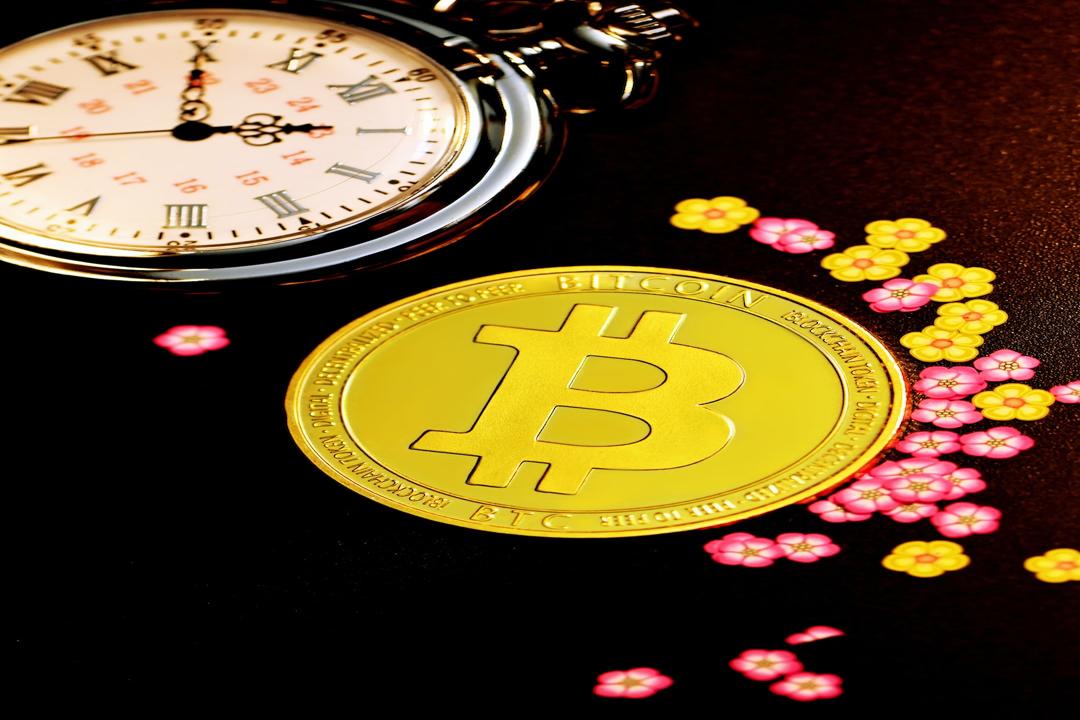

Further reading:
Taiwan’s FSC to Introduce New Regulations: Unregistered Exchanges Face Criminal Liability, Not Just Fines
Taiwanese Legislators Propose National AI Warning System to Strengthen Virtual Asset Regulation, Executive Yuan to Introduce Anti-Fraud Law in April

